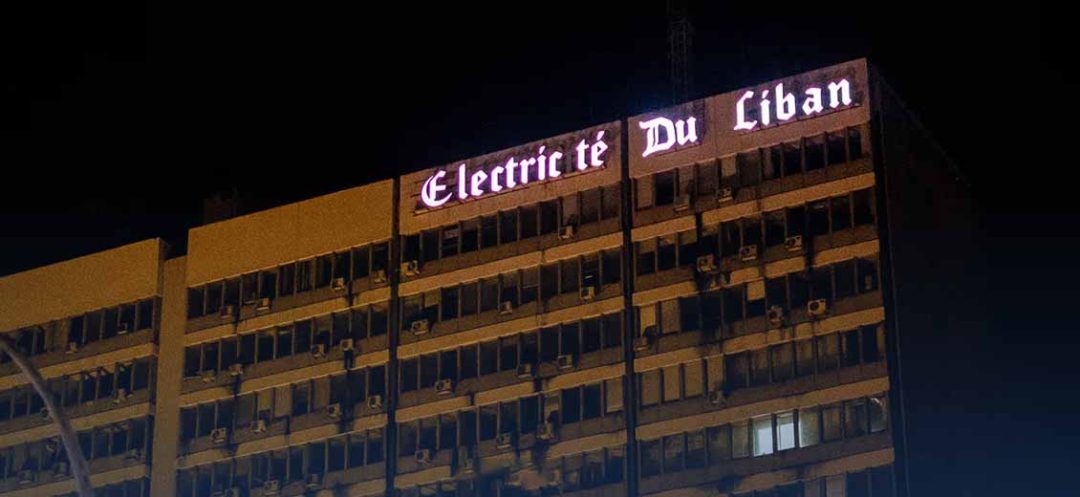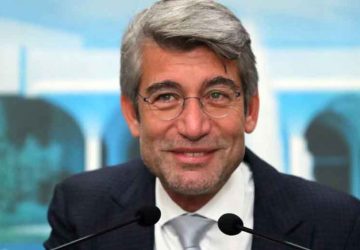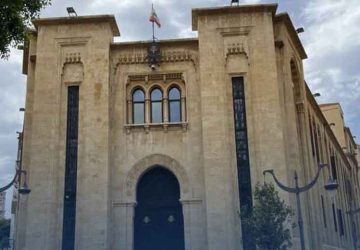Despite the preventive measures taken since July 27 and repeated warnings from Lebanon’s electricity company, Electricité du Liban (EDL), the Zahrani power plant is now out of service, following the shutdown of the Deir Ammar plant on August 7. As a result, Lebanon is now in total darkness.
Despite every possible precaution taken by EDL to extend energy production for as long as possible, the Zahrani and Deir Ammar power plants are now out of service. They will remain inactive until the concerned authorities resolve the issue of diesel supply to EDL, whether through the Iraqi exchange agreement or other sources.
In a statement, EDL announced that the last functioning unit at the Zahrani power plant was shut down on Saturday afternoon due to the complete depletion of its diesel fuel reserves. This has led to a nationwide power outage, affecting critical infrastructure across Lebanon, including the airport, port, water pumps, sewage systems, prisons and other vital facilities.
The public electricity provider states that the units will be back in operation once the diesel fuel is delivered.
Walid Fayad Is Taking Action
Caretaker Energy Minister Walid Fayad is working to find solutions, with the first shipment of diesel not expected until the first week of September.
Fayad has urged the Lebanese to be patient, stating that he is seeking alternatives to address the situation. He highlighted that the ongoing political disputes are hindering the resolution.
As for Iraq’s commitment to fuel shipments, he confirmed that it remains in effect, but the Lebanese Parliament’s failure to act has stalled the shipment.
Meanwhile, the country is in total darkness.
Electricity production in Lebanon currently relies on the Zahrani and Deir Ammar power plants, while the Jiyeh and Zouk plants are undergoing maintenance. Zahrani and Deir Ammar receive monthly diesel shipments supplied to EDL by the Ministry of Energy under the exchange agreement between Iraq and Lebanon signed on July 23, 2021. This agreement, which came into effect in September 2021, stipulates that Iraq provides fuel to Lebanese power plants under profitable terms, with a monthly allocation set at 100,000 tons. However, due to its high sulfur content, Iraqi fuel cannot be used directly in Lebanese power plants. Consequently, Lebanon buys a compatible type of fuel from other suppliers, who then receive the Iraqi fuel in exchange.





